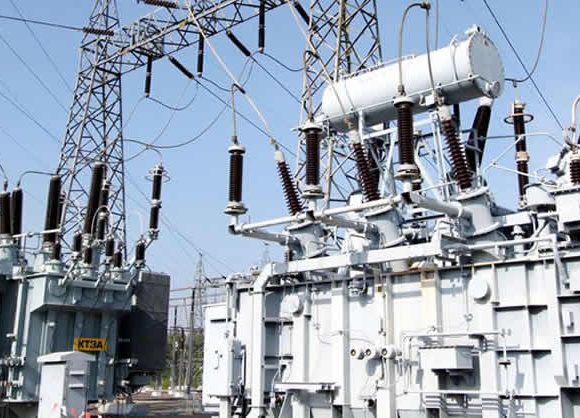Kano Youths Begin Manufacturing USB Cables for Phones and Tablets

Young Nigerians in Kano Manufacturing USB cables for phones and tablets
In recent times, there has been a positive development in Kano State, Nigeria. A group of young Nigerians has ventured into the manufacturing of USB cables for phones and tablets. This initiative is a significant step towards boosting local production and reducing dependency on imported electronic accessories.
Why USB Cable Manufacturing is Important
USB cables are essential for charging phones and tablets, as well as transferring data between devices. Until now, most of these cables in Nigeria were imported, leading to higher costs and reliance on foreign manufacturers. By producing these cables locally, these young Nigerians are helping to address this challenge. The manufacturing of USB cables in Kano is not just about meeting local needs; it is also creating job opportunities for the youth. Many young people in the area have been employed in various stages of the production process. This development is expected to contribute to economic growth in Kano State by reducing unemployment and promoting industrialization.
Quality and Affordability
One of the key goals of this initiative is to produce high-quality USB cables that can compete with imported ones. By ensuring that the cables are durable and efficient, these young manufacturers hope to win the trust of Nigerian consumers. Additionally, locally made USB cables are likely to be more affordable since they do not include importation costs.
By producing high-quality USB cables locally, we are not only meeting the needs of our community but also paving the way for economic growth and self-reliance in Nigeria.
Challenges and Future Prospects
While this development is promising, there are challenges that these young entrepreneurs may face. These include access to raw materials, power supply, and competition from imported products. However, with the right support from the government and private sector, these challenges can be overcome. The future looks bright for these young Nigerians, as they continue to innovate and expand their production capabilities. With increased support, they could potentially scale their operations and even export their products to other countries.
CONCLUSION
The initiative by young Nigerians in Kano State to manufacture USB cables for phones and tablets is a positive step towards self-reliance and economic development. By creating jobs, producing high-quality products, and reducing dependency on imports, they are setting an example for other youths across the country.










